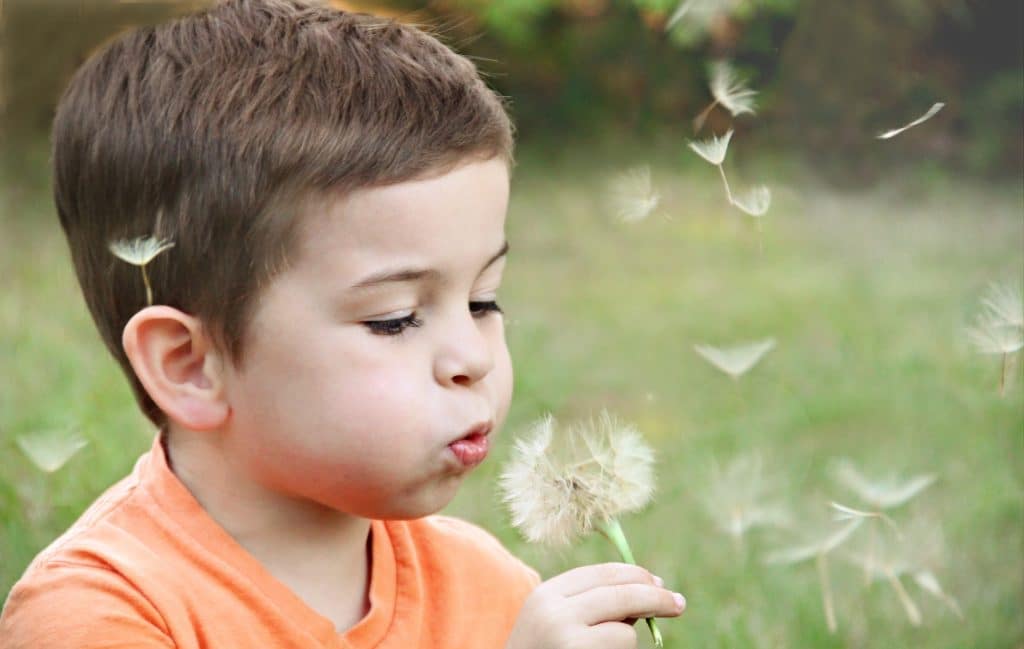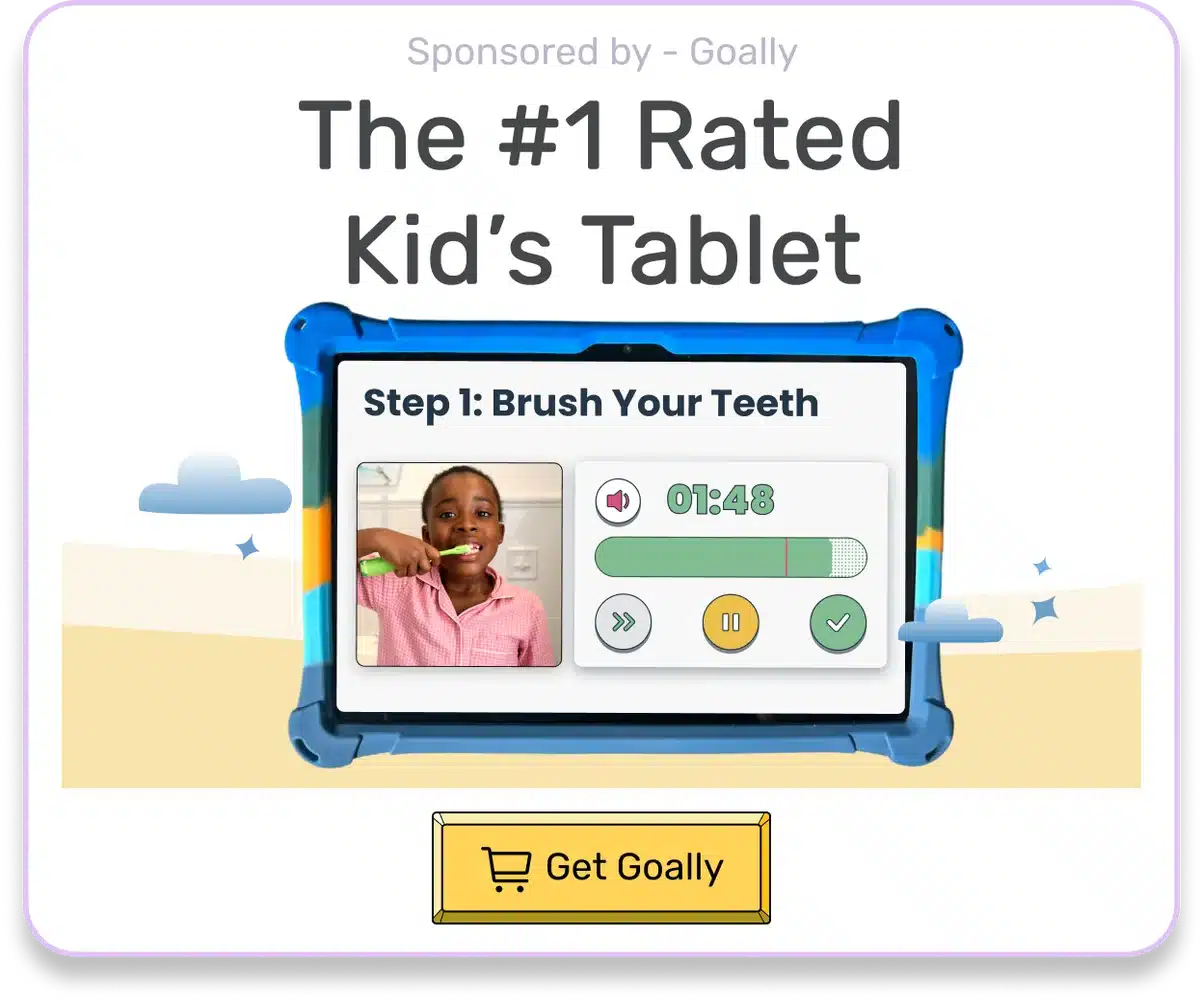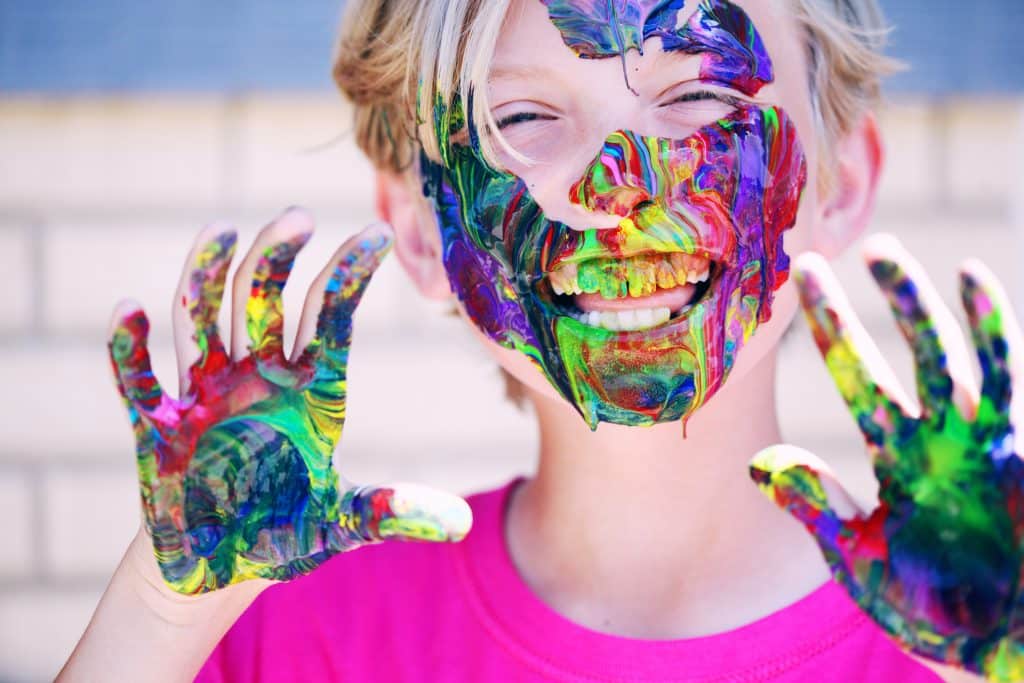Have you ever watched your child struggle with everyday tasks like buttoning a shirt or recoiling at the feel of certain textures? It’s heart-wrenching, isn’t it? I’ve seen many children grapple with these challenges in my practice, and it’s often a sign of Sensory Processing Disorder. But here’s the question that’s probably nagging at you, much like many parents I work with: “Is SPD neurodivergent?” In this blog post, we’ll delve into the intricacies of SPD, explore its relationship with neurodivergence, and offer insights backed by credible research.
Table of Contents
Understanding Sensory Processing Disorder
Sensory Processing Disorder (SPD) is a condition where the brain struggles to process information it receives from the senses. Kids with SPD may be hypersensitive to sensory input, undersensitive, or both. It’s like trying to listen to a radio station with poor reception — too much static, and you can’t make out the music. For these kids, the world can be an overwhelming symphony of sensations.
However, note that SPD isn’t just about being sensitive to touch or sound. It can affect any of the senses, including balance and body awareness. As a result, kids with SPD may have difficulty with tasks that require fine motor skills, like buttoning a shirt or using a pencil.

Read more: What are the Signs of Sensory Processing Disorder?
Is SPD Neurodivergent?
The term ‘neurodivergent’ was coined to describe brains that function differently from what’s considered ‘normal.’ This includes conditions like autism, ADHD, dyslexia, and, yes, Sensory Processing Disorder. So, to answer the question, “Is sensory processing disorder neurodivergent?” — the answer is a resounding yes.
However, it’s important to remember that being neurodivergent isn’t a bad thing. It’s simply a different way of experiencing and interacting with the world. And while it can present challenges, it also comes with unique strengths. For example, many neurodivergent individuals are highly creative and innovative and possess exceptional problem-solving skills.
Goally | The Safest Tablet for Kids

Supporting Your Neurodivergent Child
As a parent, you play a vital role in helping your child navigate their unique sensory experiences. Here are some strategies that can help:
- Understand their triggers: Pay attention to what overwhelms or upsets your child. Is it loud noises? Certain textures? Crowded spaces? Identifying these triggers can help you anticipate and manage challenging situations.
- Create a sensory-friendly environment: Make adjustments at home to accommodate your child’s sensory needs. This could mean using soft lighting, having quiet spaces, or incorporating sensory toys.
- Seek professional help: Occupational therapists can provide invaluable support and strategies for managing SPD. They can also help your child develop coping mechanisms and motor skills.
Remember, every child is unique, and what works for one may not work for another. It’s all about finding the strategies that best support your child’s needs.
Goally | Apps To Support Child Development
Looking for fun ways to help your child learn life skills? Try Goally! The Goally tablet comes with award-winning learning apps and video classes to help kids develop the skills they need to become independent with FUN & evidence-based practices.

Our apps teach executive function, language, emotional regulation, finger dexterity skills, and more.
As your child develops new skills, you can increase the difficulty level of the tasks in the app to challenge and motivate them even further. This helps your child grow and progress at their own pace, while also keeping them engaged and excited about their development.

Final Thoughts: Is SPD Neurodivergent?
In the end, acknowledging that Sensory Processing Disorder is indeed part of the neurodivergent spectrum is the first step toward understanding and supporting your child. Remember, your child’s love, understanding, and patience are their most significant support as you journey together.
Resources:
- STAR Institute for Sensory Processing Disorder: A comprehensive resource offering a wealth of information, strategies, and support for families dealing with SPD.
- Understood: A platform dedicated to providing resources and support for parents of kids with learning and thinking differences.
- National Autistic Society: While primarily focused on autism, this site offers valuable insights into neurodivergence, including Sensory Processing Disorder.
FAQs About If SPD Is Neurodivergent
Can SPD coexist with other neurodivergent conditions? Yes, SPD can coexist with other neurodivergent conditions such as ADHD, autism, and dyslexia, as they share some overlapping symptoms and challenges.
How can visual schedules help children with SPD? Visual schedules provide a clear, predictable structure for children with SPD, helping them navigate daily routines and transitions more easily, reducing anxiety and sensory overload.
What are some emotional regulation apps for children with SPD? Emotional regulation apps like "Breathe, Think, Do with Sesame" and "Calm" can help children with SPD learn coping strategies, practice mindfulness, and manage their emotions more effectively.
How can rewards support children with SPD in their learning journey? Rewards can motivate and reinforce positive behaviors in children with SPD, helping them develop essential skills, build self-esteem, and overcome challenges related to their sensory processing.
What resources are available for parents of children with SPD? Resources for parents of children with SPD include support groups, occupational therapy, educational materials, and online communities, which can provide guidance, strategies, and a network of understanding peers.
This post was originally published on April 20, 2023. It was updated on March 12, 2024.

Goally
We help parents teach their kids life skills, like doing bedtime and morning independently. Backed by science, we incorporate evidence-based practices and expert-informed designs in all of our apps and content.






